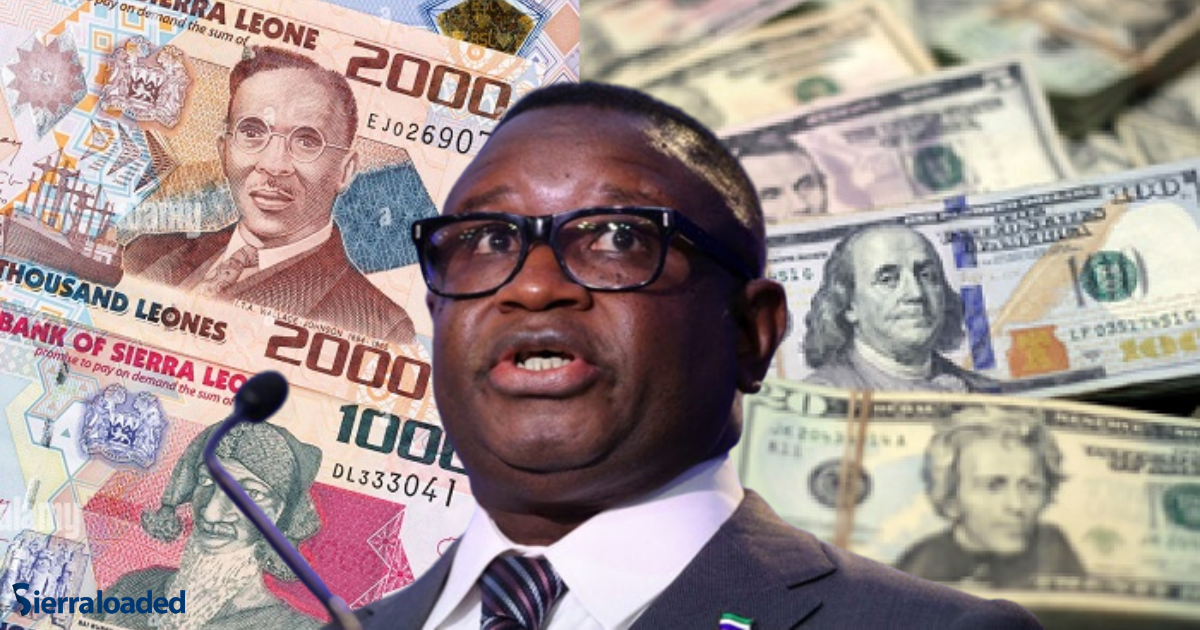The Latest Economic Trends (LET) report regarding Sierra Leone's economic outlook has predicted that the nation's economic growth for 2023 is estimated at 2.7%. This indicates a decrease from the previous rates of 3.6% in 2022 and 4.1% in 2021. As reported by Awoko, the projected decline can be attributed to various disruptions in the supply chain, fluctuations in mining outputs, and the repercussions stemming from the ongoing Russia-Ukraine conflict.
The LET report, produced by the Research and Statistics Department of the Bank of Sierra Leone, envisions a potential average annual economic upswing of 4.2% from 2023 to 2025. This growth is expected to be driven by critical sectors such as agriculture, mining, tourism, and the broader business landscape. Furthermore, deliberate structural adjustments are anticipated to act as catalysts for this positive economic trajectory. The report relies on meticulously reviewed data to offer a comprehensive view of current monetary and external dynamics. While the primary aim remains maintaining price stability, the report underscores the importance of financial stability within the Bank's mandate, overseen through macro-prudential and supervisory mechanisms.
Challenges related to inflation continue to persist. Figures from June 2023 disclosed a year-on-year inflation rate of 44.81%, showing a slight increase from May's rate of 44.43%. The upward movement in inflation was mainly driven by higher prices in food and non-alcoholic beverages, with inflation rates rising to 57.99% from May's 55.81%. On the other hand, non-food inflation witnessed a slight decline, settling at 35.02% compared to May's 35.89%.
Several factors contribute to these inflationary pressures, including the enduring effects of the Covid-19 pandemic, disruptions in global food supply chains due to the Russia-Ukraine conflict, and the yearly depreciation of the Leone. However, recent monthly data suggests a minor appreciation in the value of the Leone.

